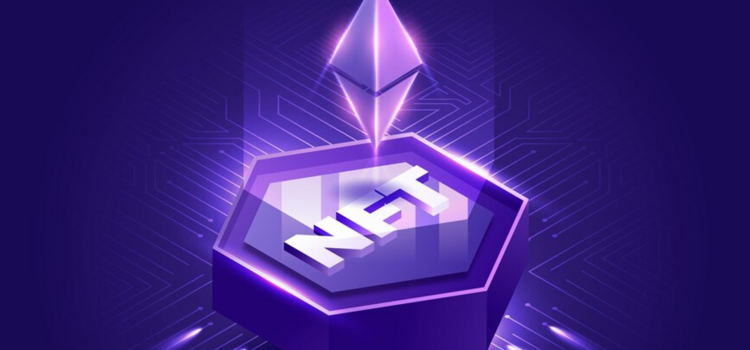
2025년 상반기, 블록체인 게임의 대기업 진출과 산업 패러다임 전환
2025년 6월 현재, 블록체인 게임 산업은 성숙기 진입의 서막을 알리며 전례 없는 시장 변화의 중심에 서 있습니다. 최근 글로벌 대형 게임 퍼블리셔들의 본격적인 블록체인 게임 시장 진출, 혁신적인 NFT 및 크로스체인 기술 확장, 그리고 주요 국가의 규제 완화가 맞물리며 산업 구조에 중대한 변곡점이 형성되고 있습니다.
대형 게임사의 본격 진입과 파급력
2024년 하반기부터 여러 글로벌 게임 대기업들이 블록체인 게임 시장에 전략적 투자를 단행하기 시작했습니다. DappRadar의 2025년 5월 통계에 따르면, TOP 20 퍼블리셔 중 65%가 블록체인 게임 사업을 이미 전개하고 있거나 1년 내 론칭 계획을 공식화한 상태입니다. 이는 전년도 동기(35%) 대비 두 배 가까운 수치로, 업계 내 경쟁환경 변화와 전통 게임 비즈니스 모델의 전환 시도를 명확히 보여줍니다.
특히 넥슨의 ‘메이플스토리 유니버스’가 블록체인 및 크로스체인 기능을 도입하여 한 달 만에 글로벌 NFT 거래액 3억 달러를 돌파했으며, 유비소프트는 ‘Assassin’s Guild’로 활성 NFT 지갑 수 신기록을 수립하였습니다. 텐센트 산하 TiMi Studios도 e스포츠 요소를 결합한 블록체인 게임으로 국제 e스포츠 생태계 확장에 성공하며 글로벌 팬덤을 확보하는 등 대기업의 영향력이 빠르게 확대되는 양상입니다.
NFT·크로스체인 기술로 인한 유저 경험 혁신
2025년 5월 기준, 전 세계 월간 활성 블록체인 게임 이용자(MAU)는 1,200만 명을 돌파, 전년 대비 250% 고성장을 기록했습니다. NFT 기반 게임 아이템 및 자산의 온체인 거래량은 38억 달러에 육박하며, 전체 NFT 거래의 67%가 크로스체인 형태로 이뤄지는 등, 이용자들은 점차 서로 다른 플랫폼 간 자유로운 자산 이동과 실사용성 높은 경험을 중시하게 됐습니다.
P2E(Play to Earn) 중심에서 ‘참여형 보상 모델’로의 전환이 확산되면서 게임 내 경제 구조 역시 진화 중입니다. 단순 토큰 이코노미를 넘어서, 멀티유니버스 기반 NFT 및 실질적 소유권 강화 등 다양한 유틸리티가 유저 충성도를 높이고 있습니다.
정책 변화와 규제 완화가 가져온 신규 진입 기회
2025년 상반기는 글로벌 규제 환경의 획기적인 완화가 진행된 시기로 꼽힙니다. 유럽연합은 6월 초, 블록체인 게임 내 NFT 거래 및 자산 보호에 관한 가이드라인을 공개하며 산업 내 신뢰성 제고와 투명성 확보에 중점을 뒀습니다. 미국 ESRB 역시 등급 심사 완화를 통해 인디 게임 스튜디오와 신생 개발자들이 부담 없이 시장에 진출할 수 있도록 지원합니다.
이러한 제도 혁신의 결과, 2025년 5월 한 달간 신규 블록체인 게임 론칭 건수는 70건으로 집계되어 동일기간 역대 최다치를 기록했습니다. 이는 2024년 5월(40건) 대비 75% 급증한 수치로, 다양한 창작자와 투자자, 유저의 생태계 진입이 가속화되고 있음을 방증합니다.
미래 비전: 블록체인 게임의 융복합 엔터테인먼트
블록체인 기술은 이제 ‘게임’이라는 창의적 텃밭 속에서 또 한 번의 산업혁신을 만들어가고 있습니다. 2025년 기준, 글로벌 온라인 게임의 30%가 블록체인 및 NFT 기술을 도입하고 있으며, 메타버스-온체인 소셜 기능 등 다양한 신개념 게임의 출시도 잇따르고 있습니다.
특히 대형 퍼블리셔와 신생 프로젝트 사이의 협력, 실물 경제와 커뮤니티 중심의 경제 모델 확산이 핵심입니다. 장기적 시점에서 블록체인 게임은 단순한 투기 수단을 넘어, 엔터테인먼트 산업 구도의 대대적 재편과 실질적 사용자 가치 확대를 이끌 것으로 전망됩니다.
시장 내 성장 속도와 혁신 방향을 정확히 읽는 것은 오늘날 게임 업계 모든 관계자에게 요구되는 필수 역량입니다. 블록체인과 게임의 융합이 증폭시키는 시너지, 그리고 유저 중심의 새로운 생태계가 올해 하반기에도 어떤 혁신사례를 만들어낼지 주목할 시점입니다.
























